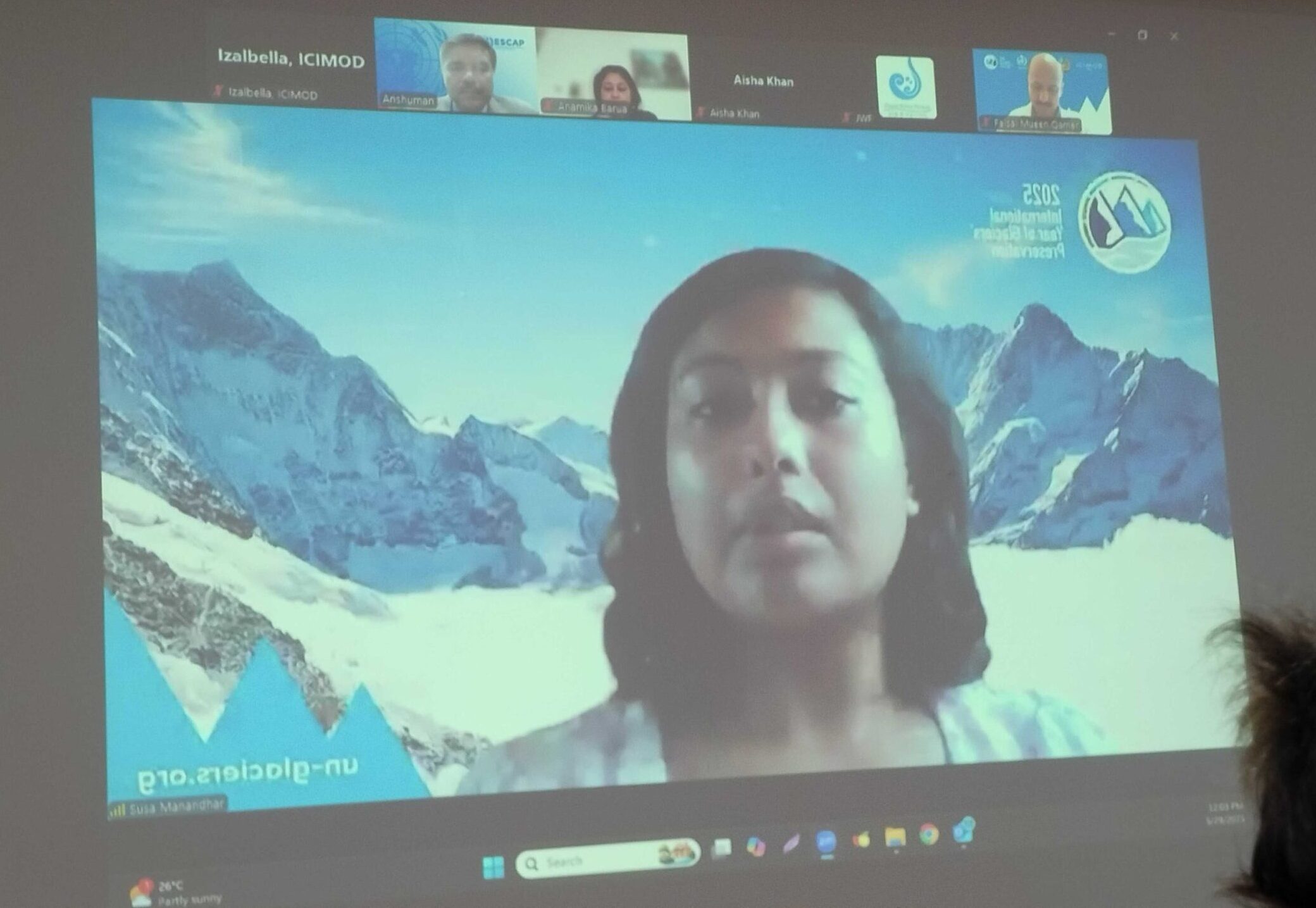Baseline survey about the local farmer was done to assess the impacts of climate change, current situations of irrigation, farming styles, crop calendar, other annual farm activities they are involved in and identification of existing and potential climate-smart agriculture practices. The household survey was carried out with 30 respondents of Mulpani. Similarly, two focused group discussions (FGDs) were held. One with a mixed group (males and females) and another with only females group. In addition to that, key informant interviews (KIIs) were conducted with four individuals- (1) the Ward Chairperson of ward 6, (2) Agriculture Officer of Kageshwori Manohara Municipality and (3) JTA and (4) one of the leading farmers of the project area.
Just one household out of 30 was found to be female-headed. Every 30 respondents were involved in vegetable farming with 70% were growing vegetables in their own land, whereas the remaining 30% in the leased land. Information on the challenges they have been facing for vegetable farming and their current coping methodologies were obtained. The area was used to be one of the renowned places for vegetable supply for Kathmandu valley. However, in recent days due to urbanization pressure and change in climate, pest problems, farmers are not being able to produce the vegetables as they used to produce. The decrease in water availability, little knowledge on crop calendar and seasonal variations are other major challenges that farmers of that area have been facing. None of the respondents have adopted water conservation practices such as rainwater harvesting. Similarly, most of the respondents (70%) use river water (pumping water from Manohara River) for irrigation purposes whereas only a few (30%) responded that they use tube well/hand pump for extracting groundwater to use for irrigating crops. About 20% of respondents have known about drip irrigation but none have used it till now. All respondents responded they use the conventional system of preparing compost.
Training contents and manual have been prepared based solely on the baseline survey where we have analyzed the requirements of female smallholder farmers to enhance their capacity on vegetable farming so that they can uplift their livelihood to some extent.
From discussion and interview with the officials of Municipality, we have come to know about the plan of a smart city for Kageshwori Manohara Municipality. Therefore, the issues related to farming and water availability will be addressed by the project activities, however, the pressure of urbanization, the smart city plan of the government cannot be addressed by the CFLI project activities.



